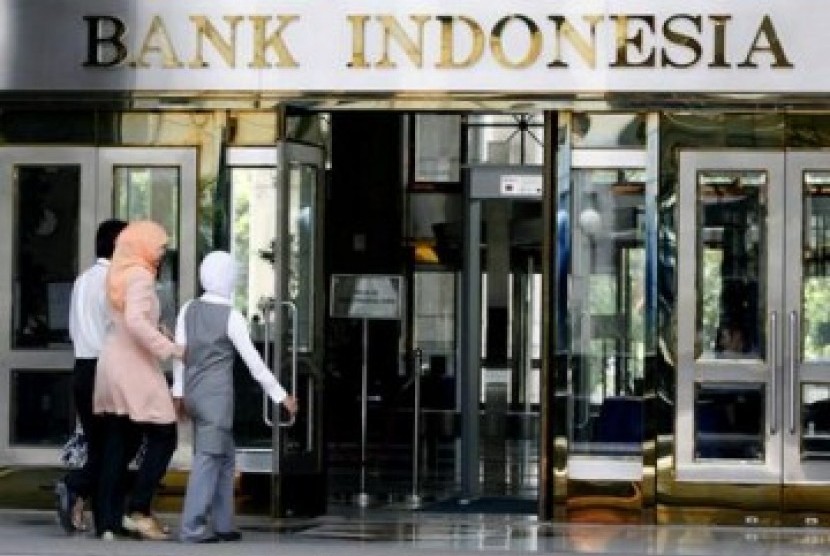REPUBLIKA.CO.ID, JAKARTA -- Bank Indonesia's (BI's) Board of Governors raised the 7-day Reverse Repo Rate by 25 basis points (bps) to 4.50 percent. Meanwhile, deposit and lending facility rates raised by 25 bps to 3.75 percent and 5.25 percent.
This will be implemented as part of BI's policy mix to maintain economic stability amid escalating risks in the global financial market and global liquidity downturn, Agusman, executive director of the central bank's communication department, noted in a statement here on Friday.
BI also continues to implement measures to stabilize the rupiah exchange rate in line with its economic fundamentals while maintaining market mechanisms. The policy is backed by monetary operations aimed at maintaining adequate liquidity in the foreign exchange and money markets.
Furthermore, BI implements a macroprudential policy that includes maintaining the Countercyclical Capital Buffer at zero percent to ensure financial system stability and improve the banking intermediation function. BI will also constantly strengthen policy coordination with the government and other relevant authorities to maintain macroeconomic and financial system stability as well as to strengthen structural reforms.
Also read: Bank Indonesia expected to finally bow to pressure
BI views the previous policy mix and current policy response as consistent with the efforts to control inflation within the target corridor of 3.5 percent, give or take one percent, in 2018 and 2019 while effectively managing external sector resilience.
Moving forward, BI will regularly monitor the latest economic developments and be ready to implement stronger measures to maintain macroeconomic stability. Indonesia's balance of payments suffered a deficit of US$3.8 billion in the first quarter of 2018 due to pressure on financial transactions, according to the central bank.
The current account during the January-March 2018 quarter also witnessed a deficit of $5.5 billion, accounting for 2.15 percent of the national gross domestic product, BI Governor Agus Martowardojo had earlier noted.
Yet, the current account deficit was better than that of the fourth quarter of 2017, he noted. "There was pressure on financial transactions in the balance of payments. Looking ahead, the balance of payments will improve and support the external side," he noted.
Despite the projected deficit in the first half of this year, the BI governor believed the balance of payments will improve in the second half of this year.
In its previous projection, the central bank believed that during 2018, the balance of payments will witness a surplus of $5 billion to $7 billion following an improvement in exports and investment inflows, among others.
The balance of payments is a statement of all transactions made between entities in one country and the rest of the world over a defined period of time.


